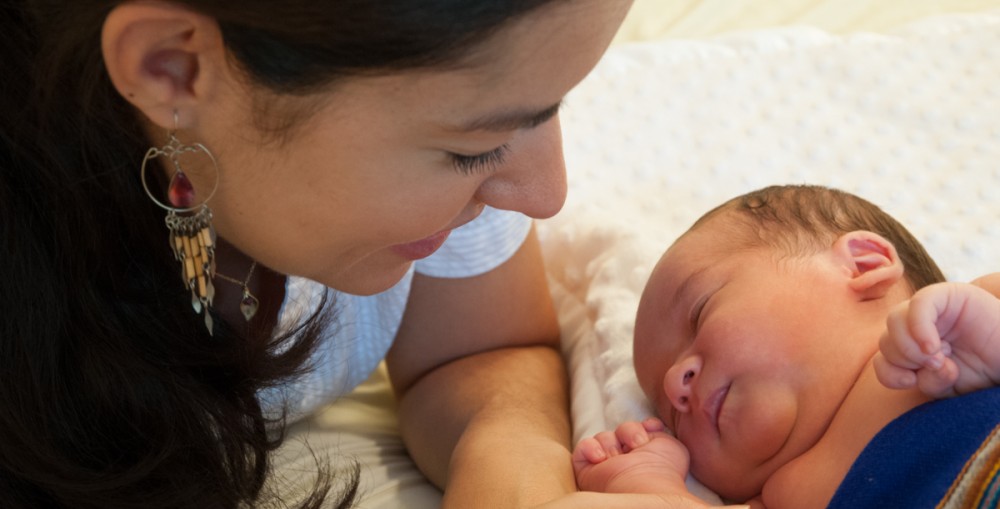We previously compared the United States and rural Ethiopia. Originally I was going to post this as a “Birth in Two Nations” blog but I found that Ila’s story was related to more than one country and circumstance. I was reminded of the story of Monique’s friend in Monique and the Mango Rains while reading the first block quote from Ila. Firstly, she worked all the way up until her pregnancy. This was just like the case in Mali, however, Ila found rest for a month after giving birth whereas the women in Mali were not so lucky. Though it was urged that they take a break, the duties of life usually did not allow for this. At first I chucked this up to the fact that in South Calcutta Ila had her in-laws to help but in Mali the woman may live with her in-laws but she was expected to serve them as well as opposed to being served by them.
Secondly, I drew a parallel to American births when Ila made mention of a nurse doing all the check ups but a doctor delivering the baby. We discussed this in class while talking about the pros and cons of hospital birth. Though her birth took place in a nursing home (which I took to be similar to a birthing center) it still seemed to have the level of intimacy of a hospital which is low. More autonomy is removed in not being told the sex of the child before birth even if you would like to know (though this is probably in the best interest of the child as girls may have been aborted).
Lastly, I drew a relation to Adaora’s presentation. Indian has several religions and Ila’s wasn’t stated but I wonder what role religion had in her birth process. As Adaora stated for the Hausa of Northern Nigeria, the Muslim religion had an effect on what medical care a woman in labor could receive. For Ila it did not seem to matter the gender of the health professionals but the husband nor his parents were allowed to be present. However, her male relative was the one who brought her to the nursing home (which would have also been the case for the Hausa). I found it quite interesting how this story seemed to have bits and pieces of the different cultures we had discussed, a perfect example of the crossroads developing India finds itself, between a grasping onto of the traditional and a deserve for new Western ways of doing things.
